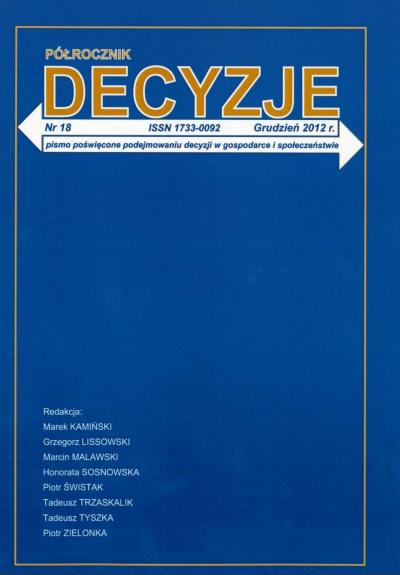Before the parliamentary elections in 2018, the ruling party in Turkey, AKP, introduced a new apparentement provision in the electoral law, which allowed parties to make electoral alliances in order to meet the electoral threshold. We claim that this was an ex post mistake. AKP’s electoral engineering was motivated by their fear that its coalition partner, MHP, would not exceed the 10% threshold. While MHP actually met the threshold in the election, the opposition party, İP, failed to do so. Thanks to the new law, the votes for İP were not wasted, as would have happened under the old law. AKP less than 50% of seats and it consequently lost the parliamentary majority. Under the old electoral law, AKP would have won the majority. We use four alternative scenarios in order to estimate the seats and evaluate the political consequences of the unsuccessful electoral manipulation




